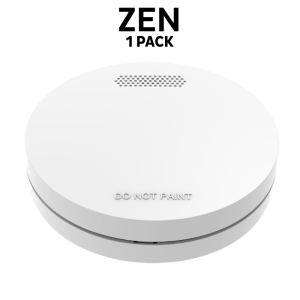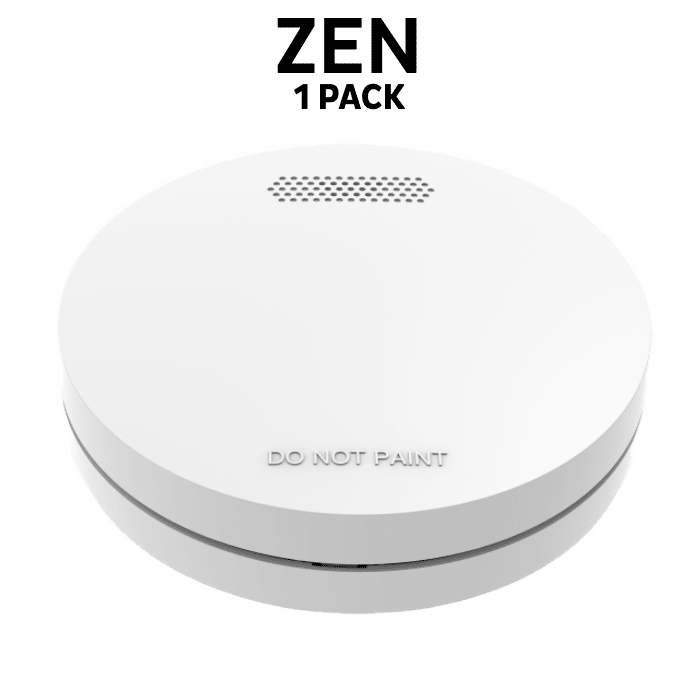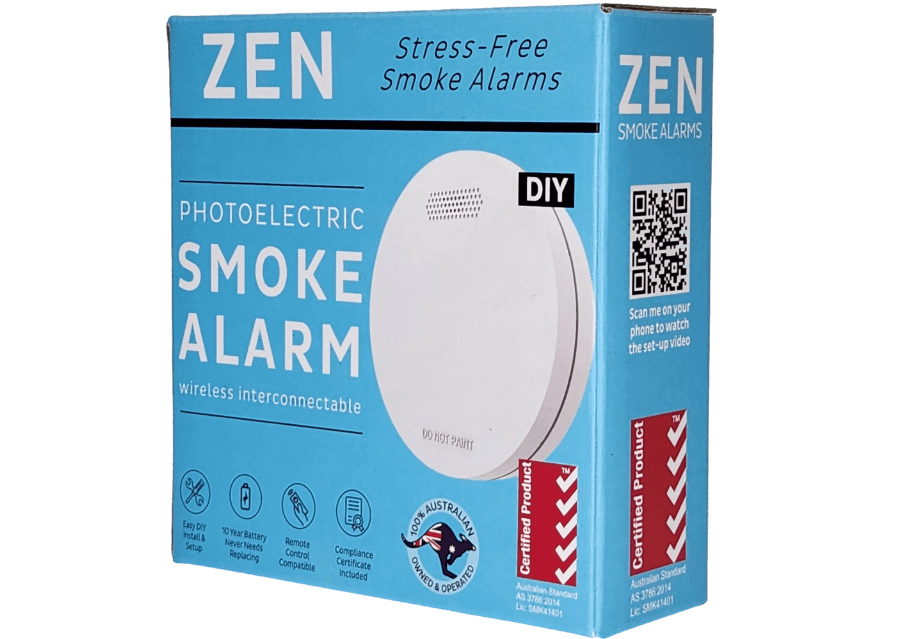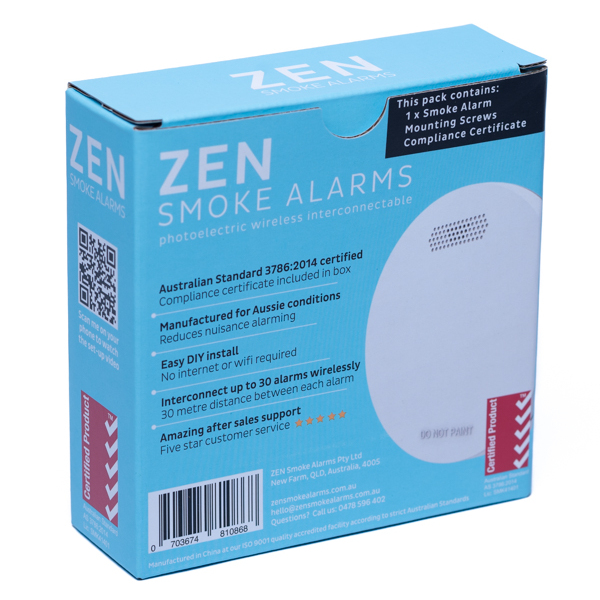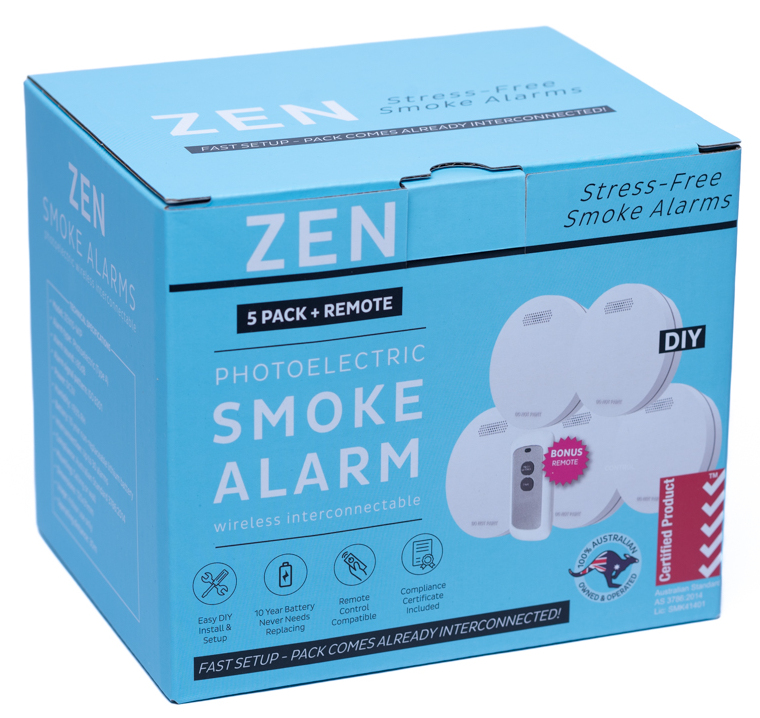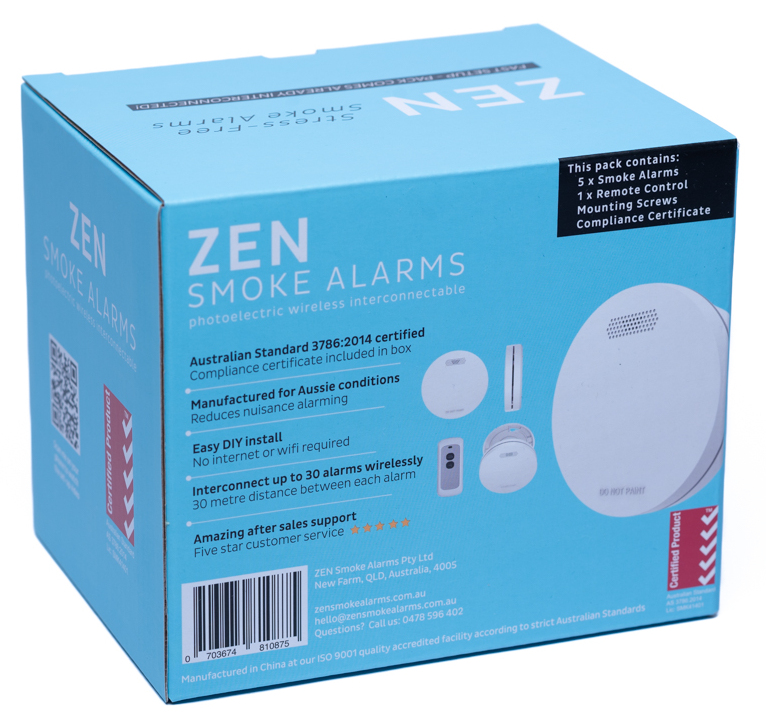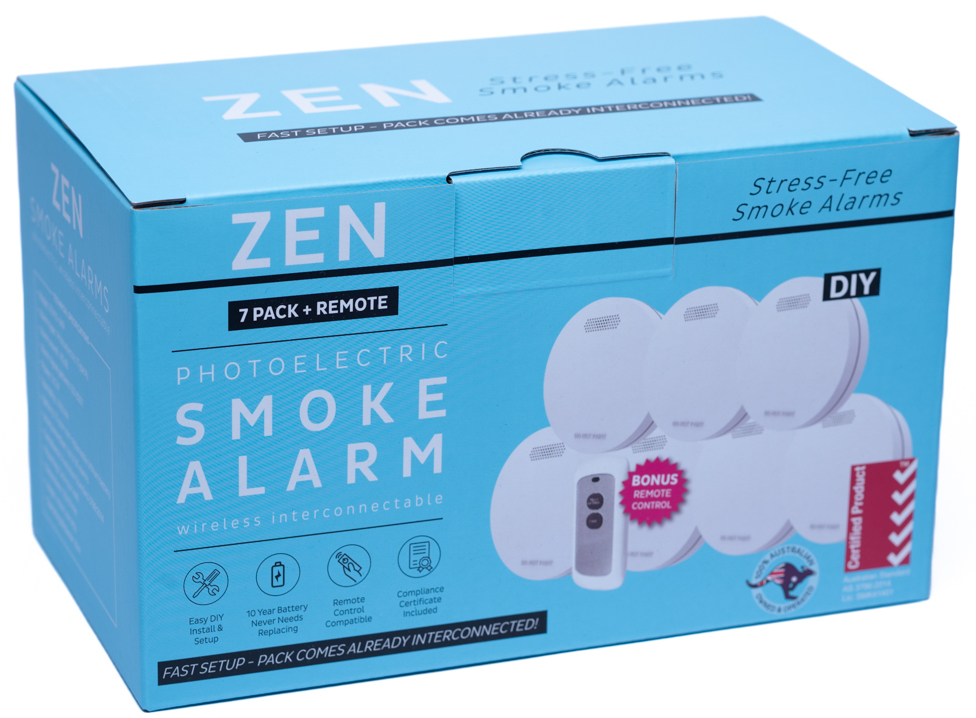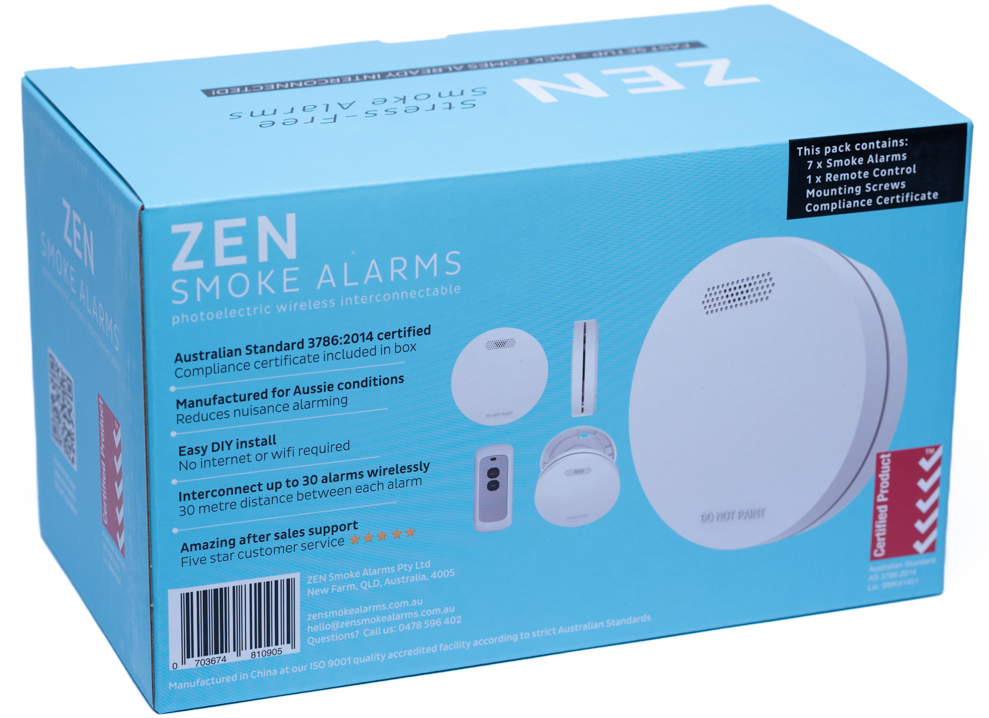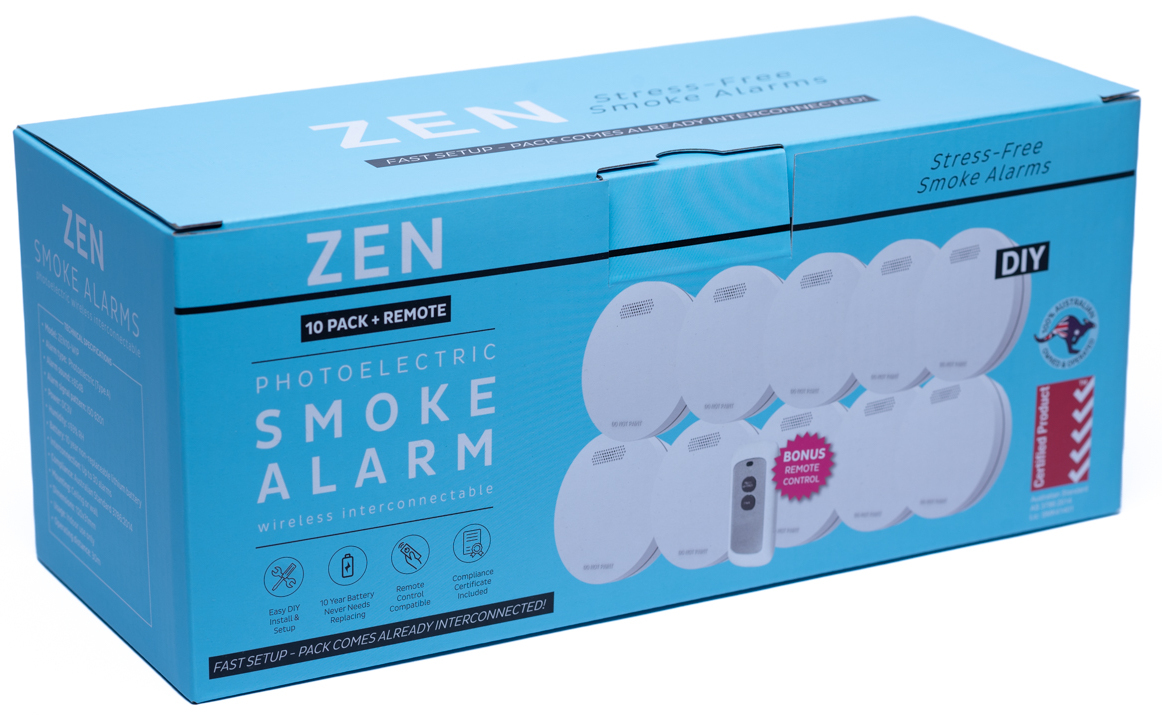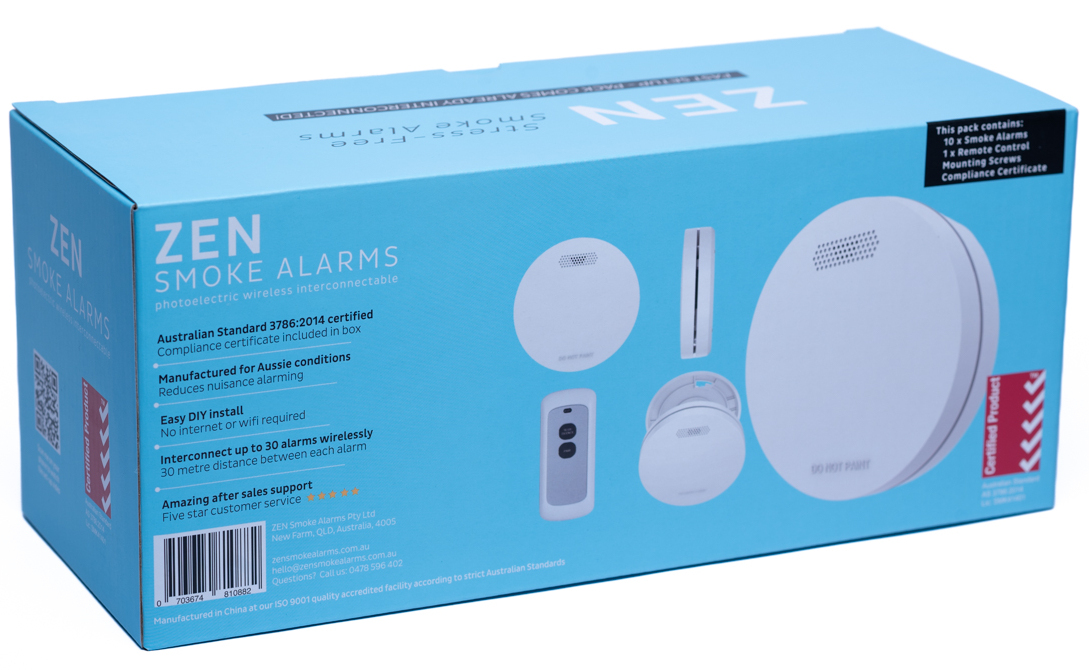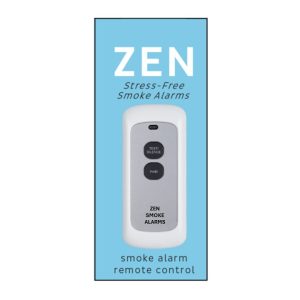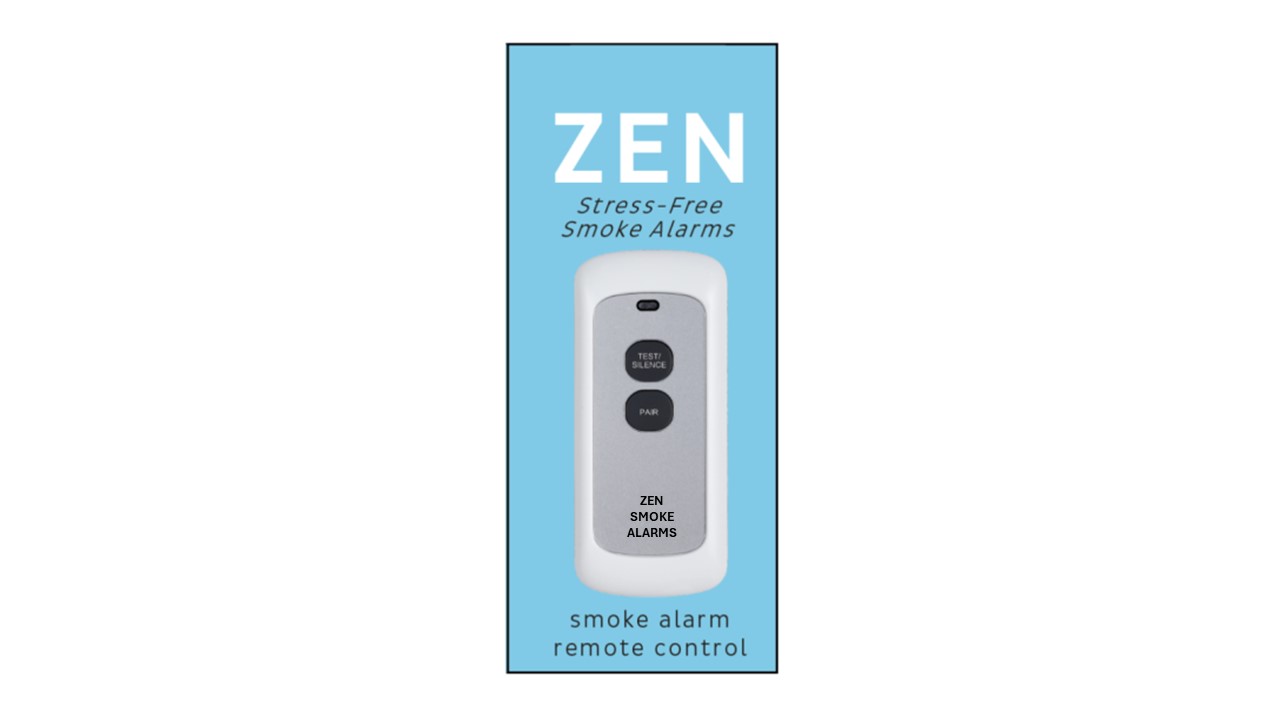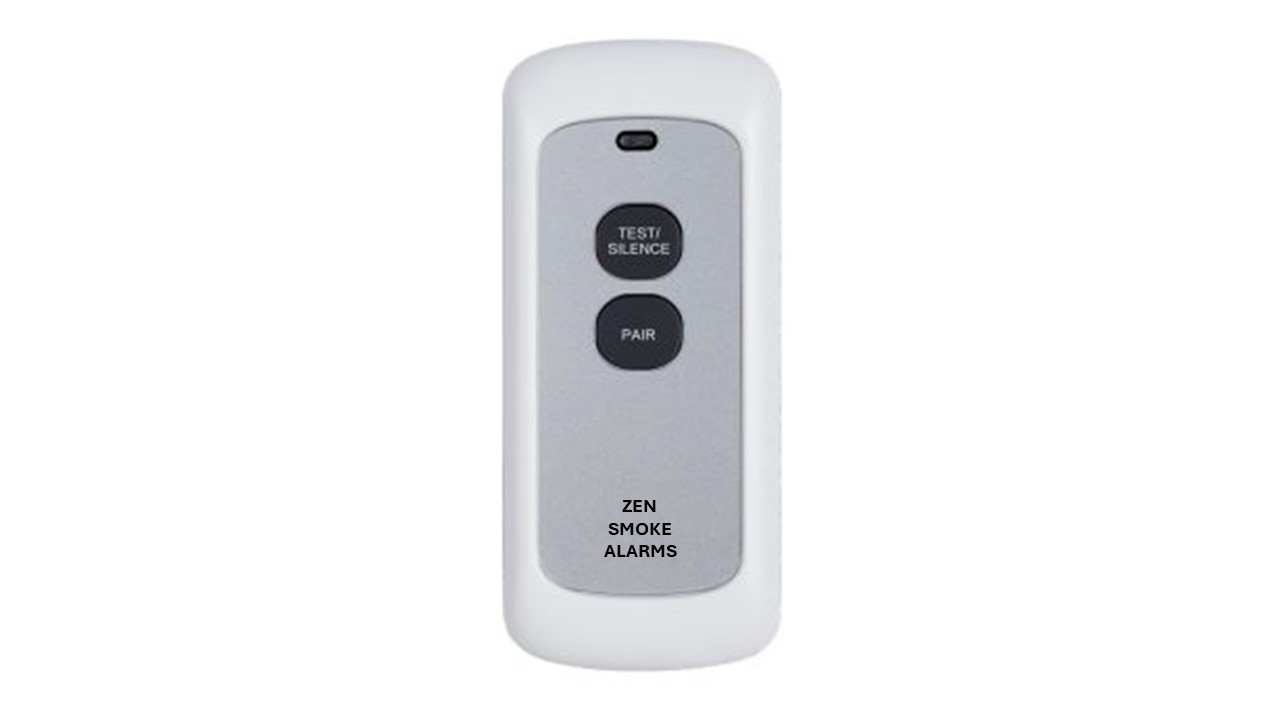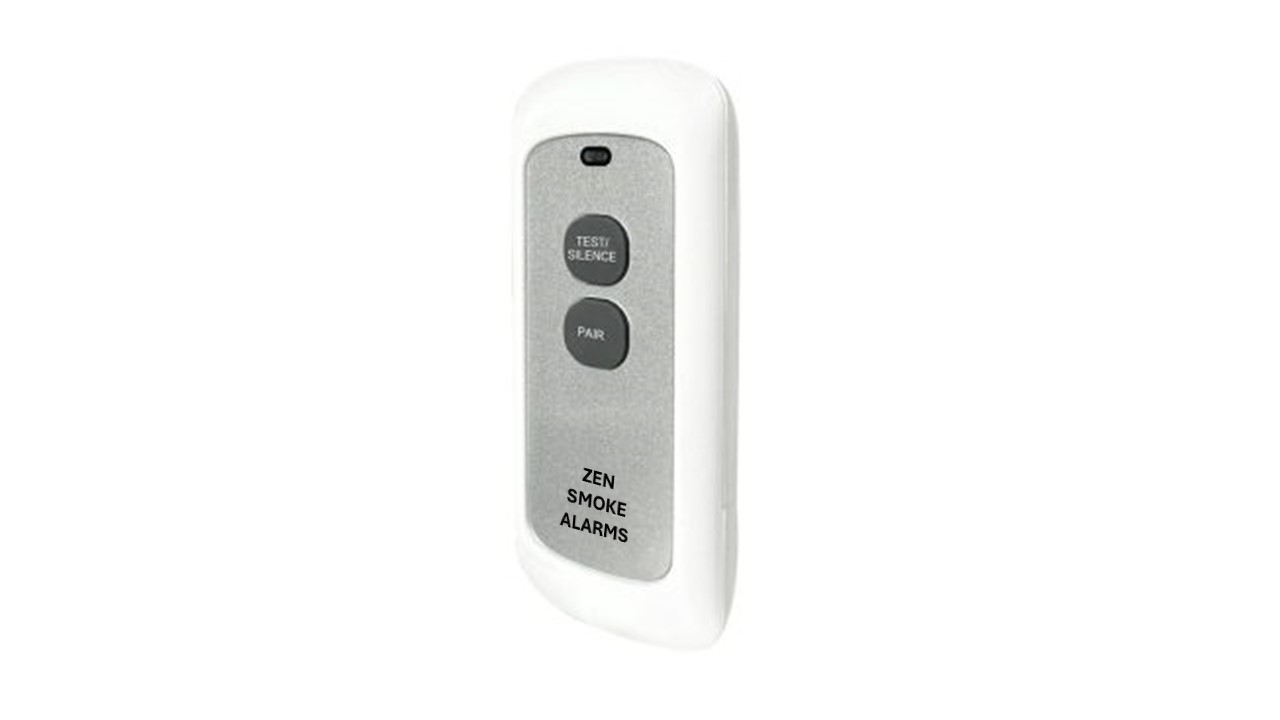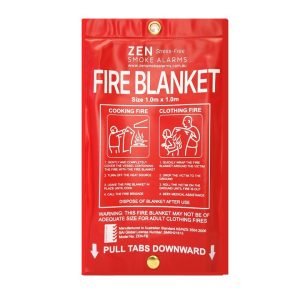ZEN Smoke Alarms
Showing all 6 results
-
ZEN Smoke Alarms
Photoelectric Smoke Alarm Wireless Interconnectable with 10 year battery x 1 pack
Model: ZEN-10-WIP- AU Standard Certified (AS 3786:2014)
- 10 year battery never needs replacing
- Easy DIY install (no electrician required)
- Complies with QLD smoke alarm laws
- FREE SHIPPING for all orders over $100
Sale price – hurry ends soon! -
ZEN Smoke Alarms
Photoelectric Smoke Alarm Wireless Interconnected with 10 year battery x 5 pack + Bonus Remote
Model: ZEN-10-WIP- Alarms come already interconnected!
- AU Standard Certified (AS 3786:2014)
- 10 year battery never needs replacing
- Complies with QLD smoke alarm laws
- Easy DIY install (no electrician required)
- FREE SHIPPING!
Sale price – hurry ends soon! -
ZEN Smoke Alarms
Photoelectric Smoke Alarm Wireless Interconnected with 10 year battery x 7 pack + Bonus Remote
Model: ZEN-10-WIP- Alarms come already interconnected!
- AU Standard Certified (AS 3786:2014)
- 10 year battery never needs replacing
- Complies with QLD smoke alarm laws
- Easy DIY install (no electrician required)
- FREE SHIPPING!
Sale price – hurry ends soon! -
ZEN Smoke Alarms
Photoelectric Smoke Alarm Wireless Interconnected with 10 year battery x 10 pack + Bonus Remote
Model: ZEN-10-WIP- Alarms come already interconnected!
- AU Standard Certified (AS 3786:2014)
- 10 year battery never needs replacing
- Complies with QLD smoke alarm laws
- Easy DIY install (no electrician required)
- FREE SHIPPING!
Sale price – hurry ends soon! -
ZEN Smoke Alarms
ZEN Photoelectric Smoke Alarm Remote Control
Model: ZEN-RC- Hassle-free test/silence alarms
- Optional wall mounting bracket
- Compatible with ZEN smoke alarms
- FREE SHIPPING for all orders over $100
-
ZEN Smoke Alarms
ZEN Fire Blanket
Model: ZEN-FB- AU Standard Approved (AS 3504:2006)
- Simple to use
- Easy DIY install
- Quick-release design with pull down tabs
- FREE SHIPPING for all orders over $100
Sale price – hurry ends soon!

